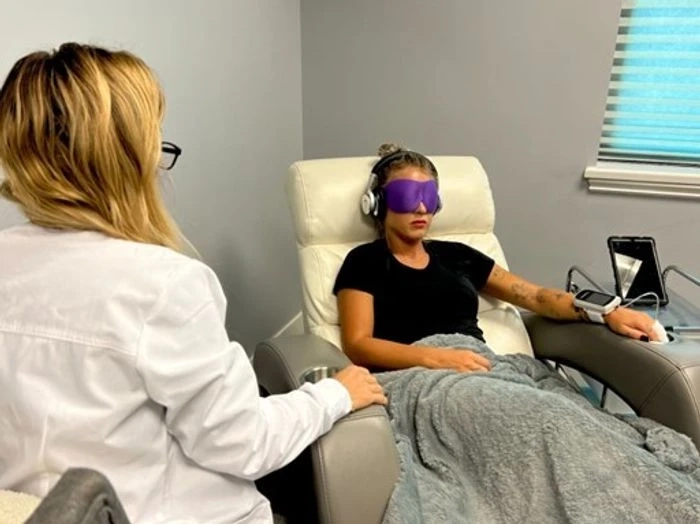The renewal of interest in psychedelic substances as potential treatments for mental health conditions marks a significant shift in both scientific inquiry and societal perception. Historically associated with countercultural movements and recreational use, psychedelics like psilocybin, MDMA, and LSD are now at the forefront of groundbreaking research in psychedelic treatments for mental wellness. This transformation is driven by a growing body of evidence suggesting these substances can offer profound therapeutic benefits for a range of psychological disorders.
The Science Behind Psychedelics
Psychedelics are a class of psychoactive substances that produce changes in perception, mood, and cognitive processes. Key substances in this category include psilocybin, MDMA, and LSD. These compounds primarily act on serotonin receptors in the brain, particularly the 5-HT2A receptor, leading to altered states of consciousness and enhanced connectivity between different brain regions.
Research has shown that these changes in brain activity can help reset neural circuits involved in mood and perception, which are often disrupted in conditions like depression, anxiety, PTSD, and addiction. Unlike traditional medications that often require long-term use and primarily manage symptoms, psychedelics appear to offer the potential for profound, lasting change after just a few sessions.
Therapeutic Potential and Clinical Trials
Depression and Anxiety: Psilocybin has shown promise in treating major depressive disorder (MDD) and treatment-resistant depression (TRD). The rapid onset of antidepressant effects, often within hours or days, contrasts sharply with the weeks required for conventional antidepressants to take effect.
Post-Traumatic Stress Disorder (PTSD): MDMA-assisted psychotherapy is currently in advanced stages of clinical trials and has received breakthrough therapy designation from the FDA. Research led by the Multidisciplinary Association for Psychedelic Studies (MAPS) has demonstrated that MDMA can enhance the therapeutic process by increasing emotional engagement and reducing fear responses, allowing patients to process traumatic memories more effectively.
Addiction: Psychedelics have shown potential in treating substance use disorders. Studies involving psilocybin and LSD have reported significant improvements in patients with alcohol dependence and nicotine addiction. The psychoactive experience is thought to facilitate insight and motivation for change, helping individuals break free from addictive patterns.
Safety and Regulation
While the therapeutic potential of psychedelics is promising, it is important to approach their use with caution. Psychedelics can produce intense emotional experiences, and without proper support, they may exacerbate underlying mental health issues. Ensuring safety requires rigorous clinical protocols, comprehensive screening of participants, and post-treatment integration support.
The regulatory landscape for psychedelics is evolving. As clinical evidence mounts, there is increasing advocacy for reclassifying these substances to facilitate medical research and therapeutic use.
The Future of Psychedelic Therapy
The potential of psychedelics to revolutionize mental health treatment is immense. As research progresses, these substances may become mainstream options for conditions that are currently difficult to treat. Integrating psychedelic therapy into existing mental health frameworks will require not only scientific validation but also changes in legal, medical, and societal norms.
In conclusion
It represents a promising frontier in psychedelic treatments for mental wellness, offering new hope for those suffering from debilitating psychological conditions. As we continue to uncover their therapeutic potential, it is crucial to balance enthusiasm with scientific rigor and a commitment to patient safety. The journey to fully understanding and integrating psychedelic treatments into mental health care is just beginning, but the transformative possibilities make it an exciting and worthwhile endeavor.



